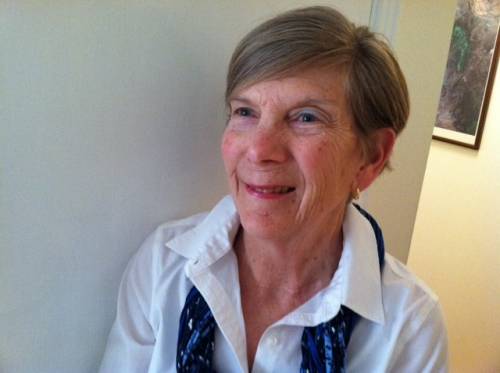Making peace by disrupting systematic racism
Blessing vs. privilege
Susan Keil Smith
Matthew 5:3– and 5:5
“Blessed are the poor in spirit … blessed are the meek …”
Reflection: The Beatitudes have always been challenging for me. Perhaps it’s meant to be that way. Reading the Beatitudes against the backdrop of racism, the lesson they teach seems to be aimed directly at those of us who, more often than not, are the perpetrators of racism.
Take “Blessed are the poor in spirit.” Because I am white — and because I have inherited all the privilege and implicit bias that comes with whiteness — it is especially important for me to carry a spirit of love for all of God’s children. Are those who perpetuate racism and exclusion poor in spirit? Or are those who are victimized poor in spirit? Operating from a place of prejudice certainly seems to reveal a poverty of the spirit. And yet, maybe Jesus is saying that with growth, change and hard work on our own implicit racism, we too can be blessed.
Or how about “Blessed are the meek.” As I have confronted the racism in my own life, gentleness, kindness, and humility have been my guiding values. My journey of awareness began in my early 20s, when I worked in the library at a majority-black school. I became good friends with a fellow librarian; he was my first friend with a skin color different from my own. We worked together to seek the best for our students during the racially charged late 1960s. I simply couldn’t understand why others chose to judge, fear, or discriminate. This relationship was the beginning of my personal awareness of racism.
Since that time, I have learned more and more about the institutional privilege that I as a white person take for granted. Every day, I pray to God for the humility and awareness to interrupt racism when I see it. Maybe Jesus is talking about this kind of humble posture when he says, “Blessed are the meek.”
Action: Next time you are wandering around a department store ‘just looking,’ take note of how employees and other customers respond to you. How does that compare to the way people of other racial identities are being treated? If you are white and you see an injustice, are you willing to speak up?
Prayer: Holy God of all, help me to continually lift up all of your children and seek justice and kindness in this challenging world. Amen.
 Susan Keil Smith lives in Albuquerque, NM, and has been a member of First Presbyterian church for 43 years, coming from New York where she was at Marble Collegiate Church. She is an ordained elder and active deacon, working for justice and safe church awareness in addition to her commitment to Presbyterian Women and Presbyterian Disaster Assistance.
Susan Keil Smith lives in Albuquerque, NM, and has been a member of First Presbyterian church for 43 years, coming from New York where she was at Marble Collegiate Church. She is an ordained elder and active deacon, working for justice and safe church awareness in addition to her commitment to Presbyterian Women and Presbyterian Disaster Assistance.
This year’s A Season of Peace Resources are designed to help Presbyterians explore different forms and lenses for peacemaking. From the personal level to global issues, these reflections and prayers will help grow the faith and witness of the whole church. Through the 29 days of this year’s Season of Peace, we are invited to reflect upon:

- What does it mean to commit to Peace?
- Making peace by addressing root causes of poverty
- Making peace by disrupting systematic racism
- Making peace by ending violence
- Making peace by supporting refugees and migrants
- Partaking in peace in worship and at table this World Communion Sunday and through the Peace & Global Witness Offering
Each author represents a variety of vocations and experiences in peacemaking efforts. Individuals and households are invited to make use of these daily reflections beginning on Sunday, September 1, and concluding on World Communion Sunday, October 6.